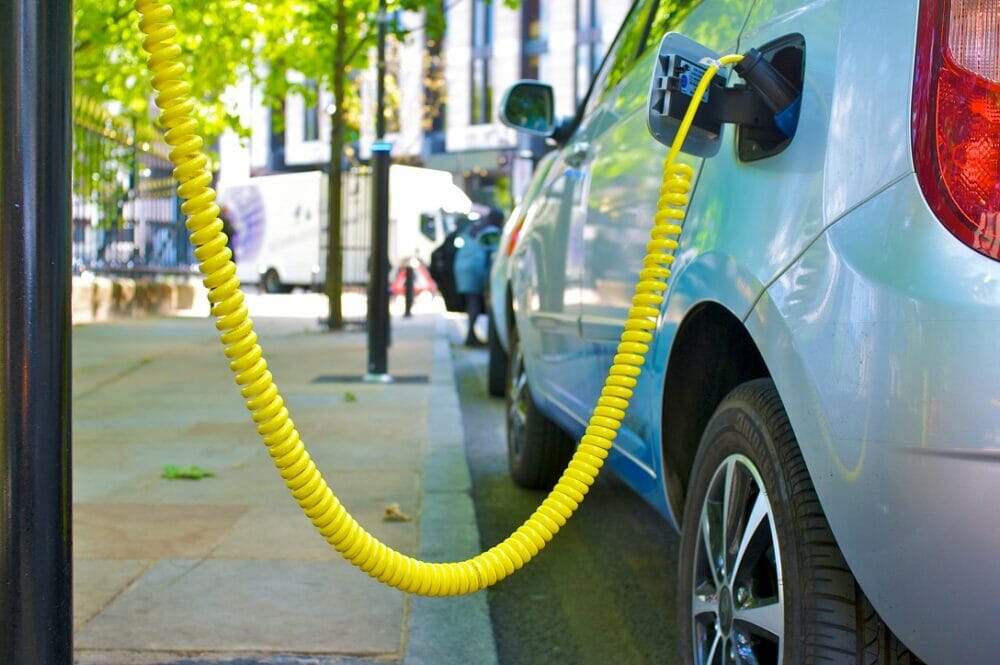With government plans to end the sale of new petrol and diesel vehicles by 2030, the future of motoring in Britain is electric. In fact, it’s estimated that over 570,000 electric cars on the UK roads as of the end of September 2022.
And despite the number of electric vehicles (EVs) increasing, there may be car buyers out there who are cautious about buying an EV due to some myths that have been perpetuated about them. But so many of those ideas can be easily corrected.
In this article, we’ll go through some of the most common myths that surround EVs and debunk them, so you have the full picture of what they’re really like.
Can they manage long distances on a single charge?
EVs have always faced the question of how much distance they’re able to cover over the course of a single charge, compared to how much you can stretch from a full tank of petrol.
The distance electric cars can reach on a single full charge tends to average around 200 miles, and 68% of day-to-day trips taken in a car are under five miles. This means that on a single charge you could do multiple trips over the course of several days.
If you’re travelling a considerable distance that extends beyond the capacity of your battery, you can approach recharging the same way you might approach a long trip in a car with traditional engine. There are plenty of road-mapping software options that you can use to plan out your route that also display charge points along the way. Preparing for your journey ahead of time means you can maximise the distance your car’s capacity can manage before needing to stop and recharge. Plus, if you’re using a hire car, it’s important to remember to recharge the car before returning it.
Are traditional engines faster?
One myth that seems to be perpetuated is that cars with traditional petrol and diesel engines are faster than battery-powered ones. However, the numbers indicated that this isn’t the truth at all. In fact, battery electric vehicles can accelerate as fast than those that rely on fossil fuels – if not faster.
Taking Formula E cars as an example to emphasise this, as they can go from 0 to 62 mph in 2.8 seconds and have a top speed of 174 mph. Comparing this to a several Ferrari cars available in the current market, the electric cars are actually faster than the luxury racing brand. These numbers easily dismantle the idea that fossil fuel cars are all faster than electric cars.
Charging will be more difficult if everyone has an EV
Another concern of potential buyers of EVs is that if a mass move to electric vehicles occurs, charging the battery will become much more difficult due to chargers being occupied and, amid talk of an energy shortage and possible blackouts, the potential of the power grid being unable to handle that much energy required.
In line with the number of EVs on the road, the number of charge points has similarly increased.
In fact, gov.uk have found that there were 32,011 EV charging devices in the UK as of the beginning of July 2022. This is a 6% increase from the start of April the same year, which shows that the number of charge points will increase to meet the demands of the number of cars that require them.
The idea that our energy grids would see an increase in demand if there was a complete switch to EVs is correct, however it wouldn’t make a catastrophic difference to the system. Current estimates indicate there would only be an increase of demand of around 10%, and that’s assuming it was a sudden transition. With the rate we’re seeing drivers switch to EVs, it’s a gradual move meaning increased demand is less of an issue than could be feared.








